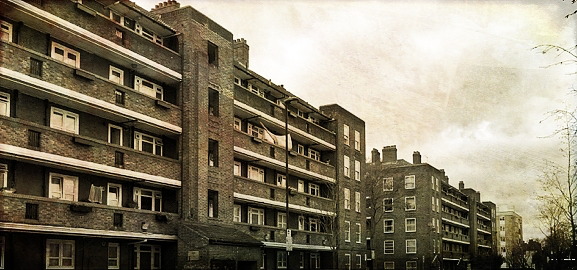


Never had I so longed to possess the power of precognition. Were it the case, then I would have foreseen upon waking that by eleven o’clock, destiny had appointed this day and time to have me staring at the flaking, corporation brown gloss paint of another’s closed front door. Not being blessed with supernatural abilities, I had to settle instead for offering a plea that the drab threshold guardian barring my way might soon be relieved of its sentinel duties—once the legal occupier of this tower block flat, John Taverner, had responded to the clarion call of his front doorbell.
A gust of wind buffeted the back of my neck, then whistled past my ears, a raised coat collar failing its protective duties. I didn’t want to be standing on this exposed central London council tenement landing on such a grey, miserable Monday morning; or any morning if it came to that, in what had become a record-breaking cold, wet February. I had little choice in the matter—if I wished to keep my job.
Subscribe now and have access to all our stories, enjoy exclusive content and stay up to date with constant updates.
Already a member? Sign in